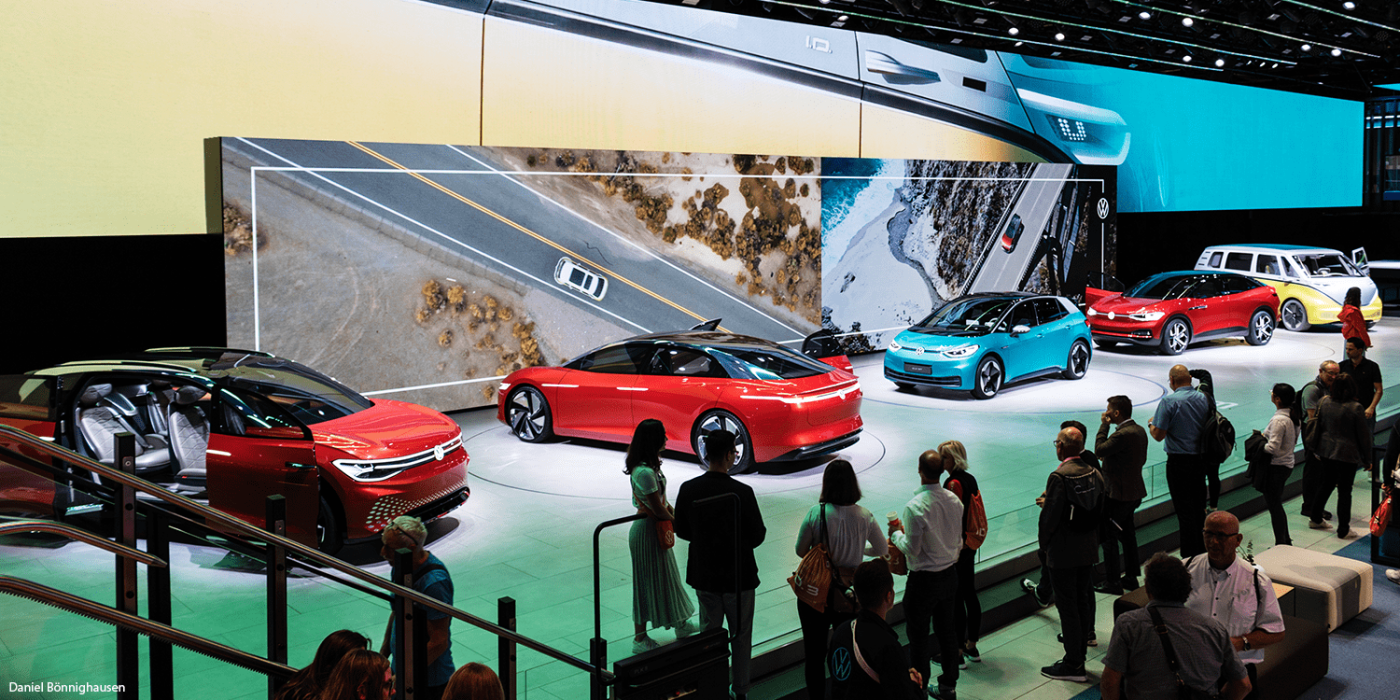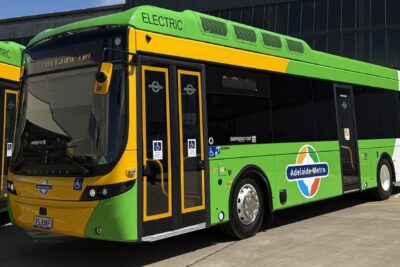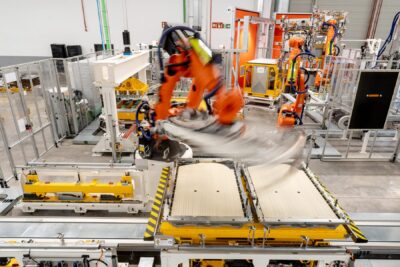VW says dealers must not fear electrification
Less maintenance, fewer wearing parts – dealers and car manufacturers see their after-sales business threatened by electric cars. Yet the Volkswagen Group is gearing its after-sales business to the coming challenges of digitization and electric mobility.
According to Volkswagen, despite the increasing share of electric vehicles with “20 to 30 per cent lower maintenance costs than conventional vehicles”, the Group plans to “further increase sales and earnings in after-sales significantly” in the coming years. According to Volkswagen, the main drivers will be the increase in customer loyalty through digital services and the continuously growing number of Group vehicles.
The idea behind customer loyalty: “Digital After Sales” should not only make the experience more convenient for the customer, but Volkswagen hopes this will also ensure a higher level of loyalty. In VW’s way of thinking, once customers have given their data, they will remain loyal to this system for longer, provided, of course, customers feel like they are in good hands.
According to the report, 100 million vehicles are currently being serviced by 25,000 service stations worldwide, and by 2030 this figure is expected to rise to 150 million vehicles. Instead of making more money with the individual car, the garages should be able to make money from higher volumes, among other things. Digitization should also help garages to cope with the higher volume. According to VW, an average workshop order today involves around 80 minutes of administrative work in up to 15 different systems. With the future system generation, it should be only 15 minutes.
Logically, the number of electric cars in the vehicle fleet will increase more slowly than sales – VW is expecting 10 to 15 per cent by 2030. “Conventional vehicles with a higher maintenance potential will thus still account for a considerable proportion of the vehicle population in the coming decades,” writes the Group.
“The After Sales division has long been an important source of earnings for the Volkswagen Group,” says Christian Dahlheim, Head of Group Sales. “Against the background of the transformation towards e-mobility and digitization, we are working intensively to ensure that this remains the case in the future. We will continue to significantly expand this very important business for our service partners and ourselves in the future.”
As a global master depot, the Original Parts Center in Kassel, Germany, is also adapting entirely to the requirements of electric mobility. Volkswagen operates a pilot plant there to determine the optimum storage conditions for high-voltage batteries. These are basically designed for the entire vehicle life of an electric car, but must also be kept in stock as original parts in the event of an accident, for example. Once the project has been completed, the plan is to build up the appropriate storage capacities.





0 Comments